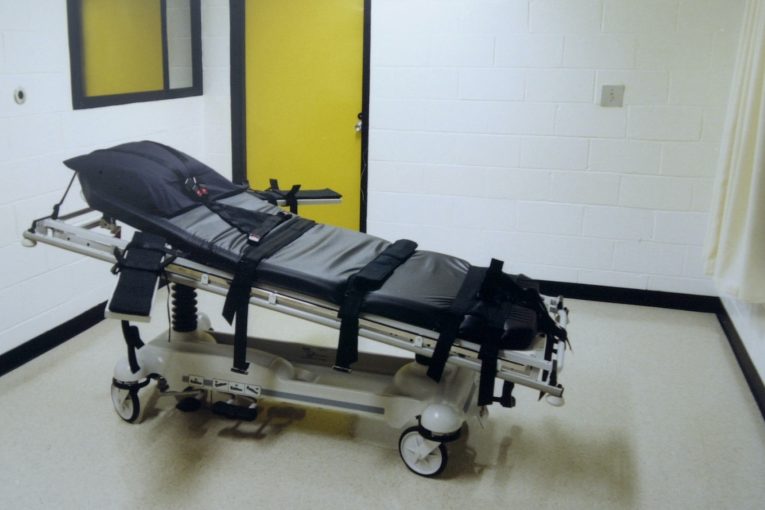
 By Tiffany Thai
By Tiffany Thai
SAN FRANCISCO, CA – One in every 8.3 people put on death row has been wrongfully convicted and sentenced to death in the U.S. since executions resumed in the 1970s, according to the Death Penalty Information Center.
The DPIC has recorded 185 instances of exonerations and found patterns of racial bias and official misconduct, noting nearly 70 percent of wrongful conviction cases involve misconduct by the police, prosecutors, or other government officials.
And, added the DPIC, jurisdictions with higher rates of death penalty rulings and a history of police and prosecutorial misconduct had the largest number of death-row exonerations.
The issue of wrongful convictions is a nationwide problem, and exonerations have been documented in 29 states and 118 counties, DPIC reporting shows. The top 27 counties with multiple exonerations combine to make up 50.2 percent of the wrongful conviction cases. 
Joe D’Ambrosio is a former inmate who was exonerated after serving two decades on death row. He was charged in Cuyahoga County. Cuyahoga County is tied for the second in the nation’s wrongful capital convictions since 1973, according to the DPIC.
In an interview with Regina Brett in 2019, D’Ambrosio claimed he was wrongfully convicted of attempted murder and charged by prosecutors who withheld 10 pieces of evidence that could have led to a not-guilty verdict rather than guilty.
“They had the truth in their files,” D’Ambrosio said. “They’re all guilty of attempted murder. They tried to do to me what they said I did.”
However, the prosecutors in Cuyahoga County maintain there was no misconduct and D’Ambrosio was guilty.
In an opinion penned by D’Ambrosio released on Jan. 19, he wrote about his experience with the justice system and getting off of death row.
D’Ambrosio stated, “I wish I could say that—in these 10 years—the legal system has been fixed and that what happened to me will never happen again. But since my exoneration, five more people have been exonerated from Ohio’s death row, all from Cuyahoga County.”
D’Ambrosio’s story is one of at least 185 individuals wrongfully convicted and exonerated.
At his trial, D’Ambrosio thought the justice system would acknowledge that he was innocent. But the reality was the opposite, said D’Ambrosio, adding, “When you’re an innocent man on trial for your life, you think that the legal system will protect you. I was so naive.”
In D’Ambrosio’s case, he was wrongfully convicted because of prosecutorial misconduct. After a three-day trial, the prosecutors withheld evidence and used incorrect facts to convict D’Ambrosio.
It was not until Father Neil Kookoothe, a Catholic priest with legal and nursing degrees, was able to look at his court transcripts and decided to help D’Ambrosio with his case.
As D’Ambrosio acknowledged, the system is not set up to catch mistakes, which is not the only cause of a wrongful conviction.
“Most exonerations come only because of the extraordinary efforts of people working outside the system—pro-bono lawyers, family members, even students,” stated Ambrosio.
The justice system ignored what D’Ambrosio had done prior to his false conviction. D’Ambrosio served in the Army and was honorably discharged. He was employed and never was involved in crime. However, his story was lost in the midst of prosecutorial misconduct.
After the efforts of Father Neil and other attorneys, the guilty verdict was overturned 20 years later.
Sadly, Joe D’Ambrosio does not get 20 years of his life back. Although he was innocent, it was hard for him to find a job when he was released because he had a 20-year gap in his resume.
As a result of his experience, D’Ambrosio currently works to end the death penalty in Ohio and nationwide. The Ohio General Assembly is looking at two bills that would end the death penalty in the state.
The DPIC insists that one in 8.3 Americans wrongfully convicted and sentenced under the death penalty is a reason that the death penalty should end in the U.S., and individuals like D’Ambrosio should be saved from losing decades of their lives because of a crime they did not commit.
